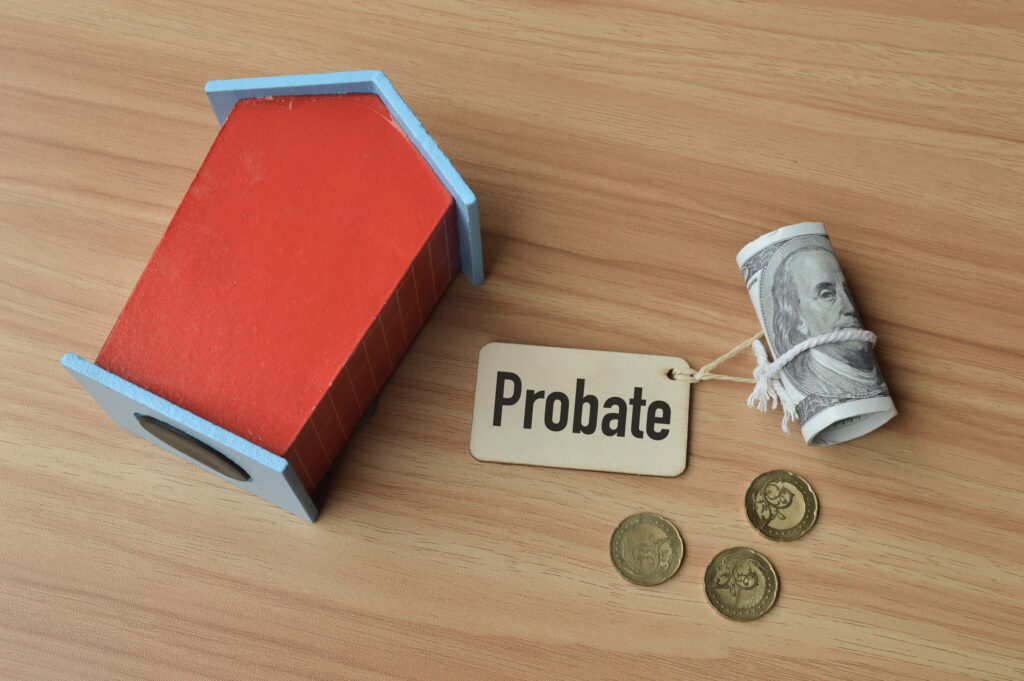
Probate assets refer to any property (“asset”) owned by a decedent that must go through probate
court to be transferred to the people who will ultimately inherit them. Probate is an expensive
public proceeding, so if you want to maximize your estate and/or keep ownership of assets
private, note the common types of assets that typically go through probate in Illinois, below.
Assets Under a Last Will and Testament
A common misconception is that having a Last Will and Testament keeps a decedent’s assets out
of probate. A Last Will and Testament is simply a guidebook for the court that contains a
decedent’s last wishes for where they would like their assets to go. A will can make probating
assets a much smoother process but does not avoid probate.
Real Estate, Stocks, Bank Accounts
“Titled” property such as real estate must go through probate. If it is also titled to other people
without being titled jointly, the proceedings in probate are lengthy and involve multiple parties
who may not agree on the outcome. This same scenario can be said for other titled property such
as RVs, stocks or bank accounts.
Assets Without a Clear Recipient/Beneficiary
Any assets without a designated beneficiary will be probated upon the passing of a decedent.
These assets commonly include bank accounts, real estate, retirement accounts, life insurance, or
investment accounts. Beneficiaries are often easily changed, but once someone has passed, no
beneficiary or recipient can be named.
Maximizing Your Estate Assets
Probate is a lengthy and expensive legal process that can be avoided with an estate plan. If any of
the assets listed above pertain to yourself or a loved one, reach out to an estate planning attorney
that can assist you. By doing this, you can avoid probate and maximize the inheritance from your
estate.
If you have questions about probate or the estate planning process, please contact our office at
Ph: (312) 583-9430 for more information.
